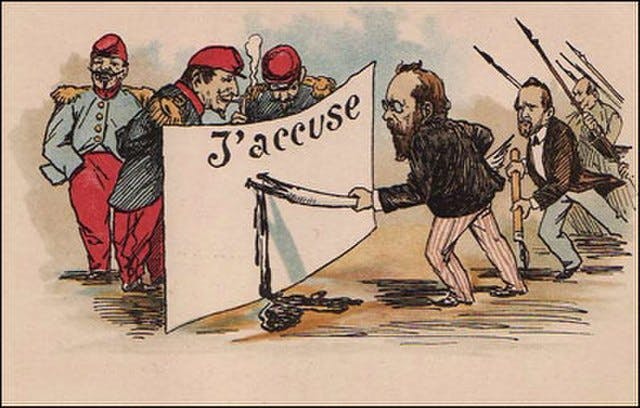
A Tale of Two Harvards
By THE NEW YORK SUN
|A United Nations official swipes the phrase, originally made famous by novelist Emile Zola to denounce antisemitism, and uses it in the campaign against the Jewish state.

Already have a subscription? Sign in to continue reading

By THE NEW YORK SUN
|
By BENNY AVNI
|
By GEORGE WILLIS
|$0.01/day for 60 days
Cancel anytime
By continuing you agree to our Privacy Policy and Terms of Service.